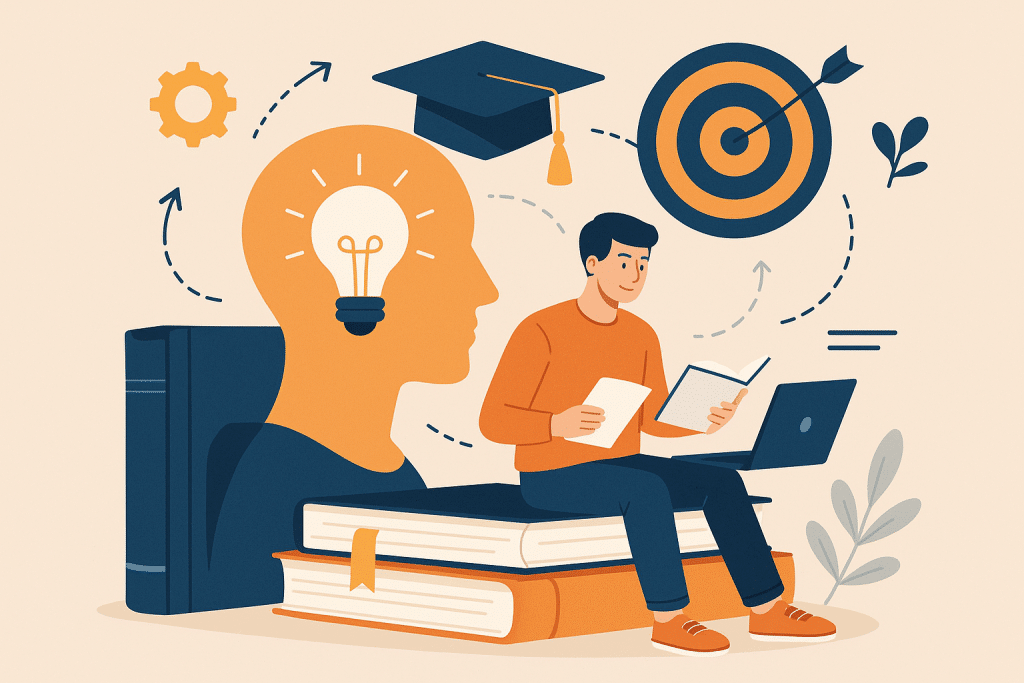In a world where information updates faster than your favorite app, staying still is the same as falling behind. The most successful people today aren’t the ones who know it all, they’re the ones who keep learning, adapting, and evolving. Whether it’s mastering a new coding language, picking up leadership training, or taking something completely different like first aid classes Edmonton, lifelong learning is the quiet advantage that separates the adaptable from the outdated.
1. The Era of Continuous Change
Technology has blurred the boundaries between work, education, and lifestyle. What used to take years to shift now changes in months or even days. Industries transform, job descriptions evolve, and new tools appear almost overnight.
In this environment, learning can’t just be a phase that ends after graduation. It has to become part of who you are. The most resilient professionals are those who treat learning as a constant process, an ongoing upgrade rather than a one-time download.
2. Curiosity Is the Modern Superpower
Curiosity drives innovation. It’s what fuels entrepreneurs to build something new, scientists to ask better questions, and creators to reimagine what’s possible. The moment you stop being curious, you stop growing.
Lifelong learners aren’t motivated by fear of falling behind; they’re driven by a genuine desire to understand more about the world. They ask questions, test ideas, and challenge their assumptions. That curiosity becomes their competitive edge and in a world full of automation and artificial intelligence, it’s one of the few traits machines can’t replicate.
3. The Mindset That Defines Lifelong Learners
Being a lifelong learner doesn’t mean enrolling in endless degrees or certifications; it’s a mindset. It’s about staying open, adaptable, and proactive. Here’s what sets them apart:
- They embrace change rather than resist it.
- They seek feedback instead of fearing criticism.
- They invest time in growth, even when no one’s watching.
- They value the process as much as the outcome.
This mindset builds more than knowledge; it builds resilience. When industries shift or unexpected challenges arise, lifelong learners don’t panic. They pivot.
4. Learning in the Age of Micro-Skills
The rise of online platforms has made education more accessible than ever. You no longer need to commit years or thousands of dollars to learn something new. Micro-skills focused, short-term learning experiences have become the new building blocks of expertise.
You can learn data analytics in a weekend, communication skills in a week, or leadership theory in a month. But the beauty of micro-learning isn’t just its efficiency; it’s its flexibility. You can tailor your learning to your goals, career stage, and lifestyle. It turns learning into something dynamic and self-directed, something that moves with you.
5. Balancing Digital and Real-World Learning
In the digital age, we tend to associate learning with screens, apps, and online platforms. But real-world skills are just as essential. Whether it’s improving your public speaking, volunteering, or learning something hands-on like basic safety or first aid, these experiences ground you in practical awareness.
They also strengthen your soft skills, communication, empathy, and adaptability which remain the foundation of meaningful progress in any career. Digital skills open doors, but human skills keep those doors open.
6. Turning Knowledge Into Action
Information alone isn’t power applied knowledge is. The biggest mistake many learners make is collecting knowledge without using it. The point of learning isn’t just to know more; it’s to become more.
When you apply what you’ve learned whether in your career, your community, or personal life you turn learning into growth. You build confidence through small wins, and that confidence fuels your next step forward.
So read that new book, take that workshop, or explore that online class. But don’t just absorb it, practice it, share it, and refine it.
7. The Reward: Growth Without Limits
Lifelong learning isn’t a trend. It’s a philosophy that defines how we adapt, connect, and thrive. It keeps your mind sharp, your ideas fresh, and your perspective grounded in curiosity.
In a time when industries are changing faster than ever, the people who stay ahead aren’t the ones who know the most, they’re the ones who keep learning the longest.
The question isn’t whether learning stops after school. It’s whether you stop choosing to learn. The answer, if you want to keep evolving, is simple: it never should.
